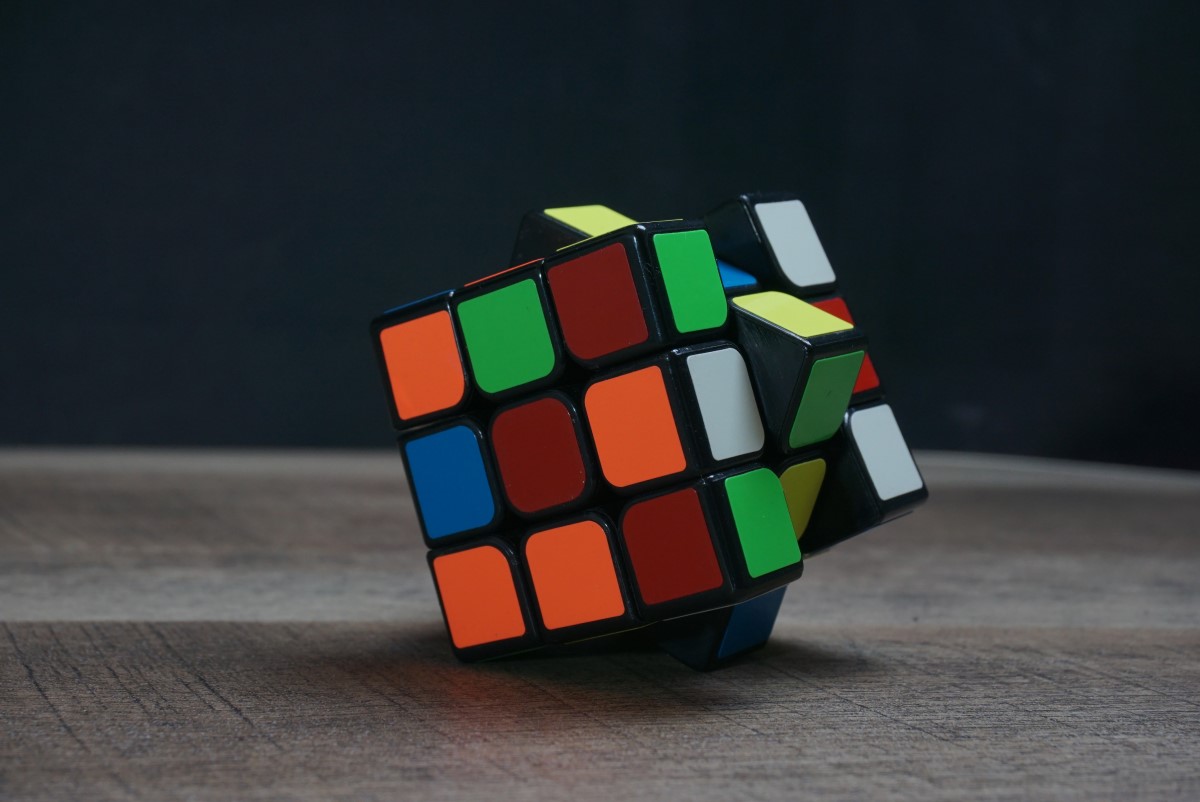Humans were always distrustful towards each other. You could say that doubting your fellow homo sapience is a natural human tendency. The main reason is a subconscious suspicion of anything and everyone, which is a self-defense reaction. One way or another, there is a tiny part of a misanthrope in all of us.
However, we do trust our electronic devices, as the digitally written program does not possess a free will to lie to us. The digital appliance does what it is programmed to do. They enhance our everyday lives. That is all. Nevertheless, one can think that this approach looks like blind faith in modern gadgets.
Recently, Texas Tech University conducted fascinating research. The scientist tested how university students reacted when unknowingly given incorrect calculators. The students were divided into two groups. One group received an onscreen calculator programmed to give the wrong answers. The second one – had a properly functioning calculator. The participants had a choice not to use the calculator. However, most of them have chosen to use it, even the ones who had excellent math skills.

Researchers found that most participants raised few or no suspicions when presented with wrong answers until the answers were entirely wrong. Unsurprisingly, math –savvy students got more suspicious of incorrect answers than others.
Skeptical towards new technologies or smart?
However, now you will ask, how is the Bizarre Calculator Experiment connected to the fact that we, as humans, are becoming more and more tech-dependent?
Calculators, like any other technological appliance, are created to make our lives easier. They reduce our mental burden. Thus, no one was suspicious of the experimental calculator. Mainly, the experiment took place in an artificial environment and was no real threat.
Perhaps if students were completing their income tax forms, or applying for a loan, they may have been more thorough in checking their results.
In everyday life, people cannot spend their time deciding if they should trust every tool they use. However, if the stakes were real, the results would be life-changing and much more problematic.
Most people blindly accept their technologies are safe and that everyone online is who they claim to be.

Be safe, be knowledgeable, and be smart.
It is hard to find the right balance between being skeptic 24/7 and question every little detail in your life, and trust everyone and everything in this digital age.
Just like calculators, autonomous vehicles become the norm besides, whether criminals can hack into these vehicles and alter programmed decisions.
Digital appliances may not pose a danger, as they do not have the mental capacity to think on their own and scheme some naughty plans. However, people can hack the devices.
However, there is one positive takeaway from the calculator study is that training is critical if we want to improve people’s cybersecurity practices.
















